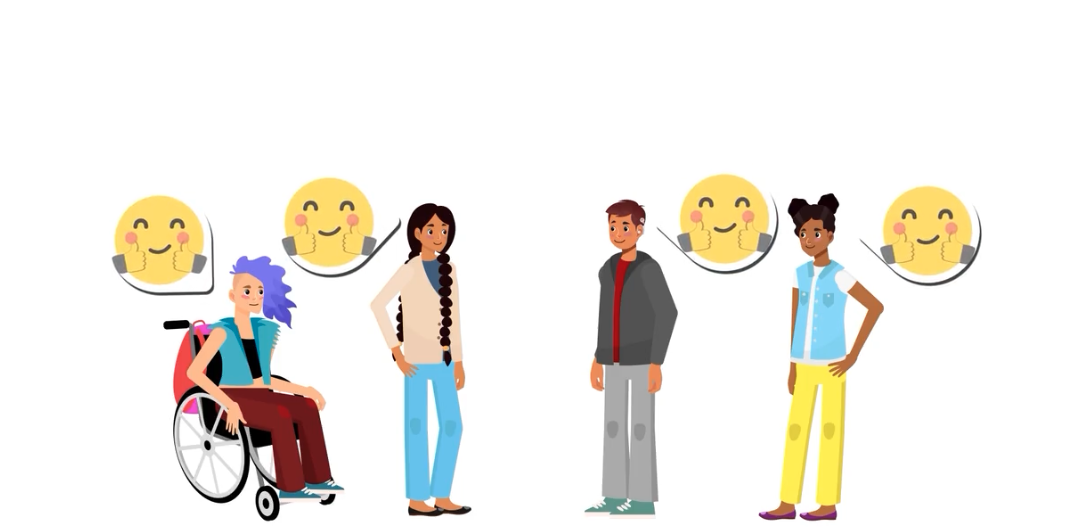Introduction
The world is a diverse place filled with individuals who have unique ideas, perspectives, and experiences. Encouraging students to celebrate these differences is an essential aspect of social-emotional learning. By recognizing and appreciating the strengths and weaknesses of ourselves and others, we can foster empathy and create a more inclusive environment. This blog post will explore the importance of celebrating differences and provide educators with a no-prep activity, discussion questions, and related skills to promote social-emotional learning in their classrooms.
No-Prep Activity: Strengths and Weaknesses Circle
This activity requires no preparation or materials and helps students recognize and appreciate their own strengths and weaknesses, as well as those of their classmates. To begin, have students sit in a circle. One student starts by sharing one strength and one weakness they have. The next student in the circle then shares their strength and weakness, and this continues until every student has had a chance to share. This activity allows students to see that everyone has unique abilities and challenges, promoting understanding and empathy within the group.
Discussion Questions
- Why is it important to celebrate and respect the differences in others?
- How can recognizing and appreciating our own strengths and weaknesses help us become more empathetic towards others?
- What are some ways we can show kindness and support to others who might have different strengths, weaknesses, or experiences?
- How can we use our understanding of differences to create a more inclusive and supportive environment in the classroom?
- Can you think of a time when you learned something new or gained a new perspective from someone who was different from you? How did that experience impact you?
Related Skills
Beyond celebrating differences, there are other essential social-emotional learning skills that educators can promote in their classrooms. Some of these include:
- Active Listening: Encouraging students to listen attentively and respectfully to the perspectives and experiences of others.
- Empathy: Teaching students to put themselves in someone else’s shoes and understand their feelings and emotions.
- Respect: Fostering an environment where everyone is treated with kindness and consideration, regardless of their differences.
- Collaboration: Encouraging students to work together and appreciate the diverse contributions each person brings to the group.
- Conflict Resolution: Equipping students with the skills to address disagreements and misunderstandings in a respectful and constructive manner.
Next Steps
By celebrating differences and encouraging empathy, educators can create a more inclusive and supportive learning environment for all students. To access free sample materials related to celebrating differences and other essential social-emotional learning skills, visit Everyday Speech’s sample materials page. These resources will provide you with valuable tools to help your students develop a greater understanding and appreciation for the diverse world around them.






